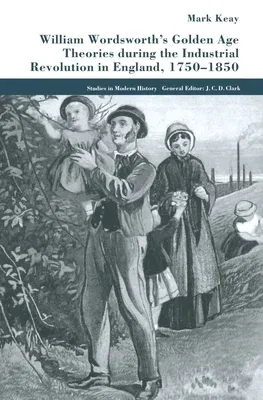M Keay
(Author)William Wordsworth's Golden Age Theories During the Industrial Revolution (Softcover Reprint of the Original 1st 2001)Paperback - Softcover Reprint of the Original 1st 2001, 1 January 2001

Qty
1
Turbo
Ships in 2 - 3 days
In Stock
Free Delivery
Cash on Delivery
15 Days
Free Returns
Secure Checkout
Part of Series
Studies in Modern History
Part of Series
Studies in Modern History (Palgrave)
Print Length
295 pages
Language
English
Publisher
Palgrave MacMillan
Date Published
1 Jan 2001
ISBN-10
1349420182
ISBN-13
9781349420186
Description
Product Details
Author:
Book Edition:
Softcover Reprint of the Original 1st 2001
Book Format:
Paperback
Country of Origin:
NL
Date Published:
1 January 2001
Dimensions:
20.32 x
19.56 x
1.52 cm
ISBN-10:
1349420182
ISBN-13:
9781349420186
Language:
English
Location:
London
Pages:
295
Publisher:
Weight:
317.51 gm

